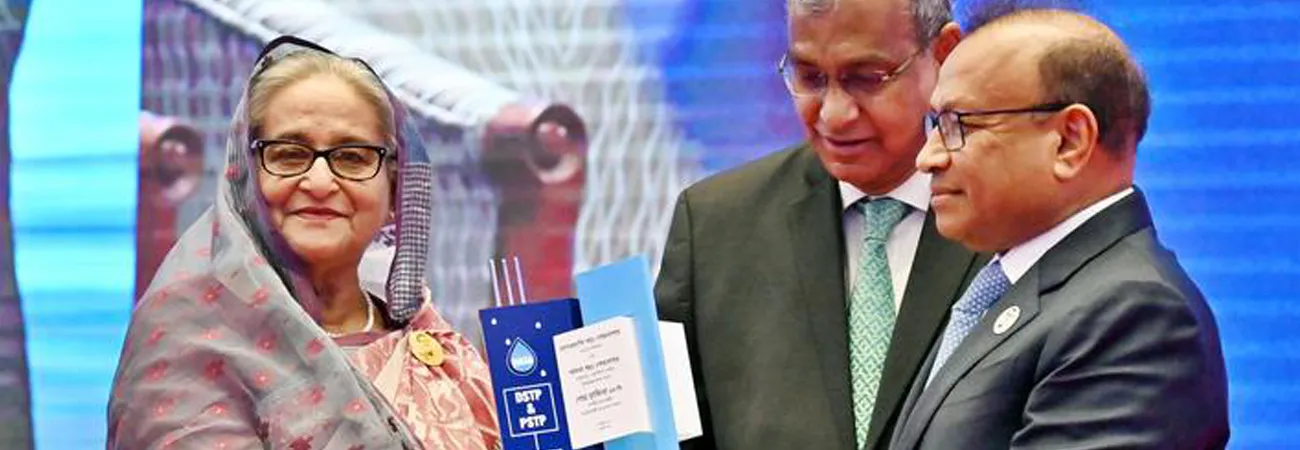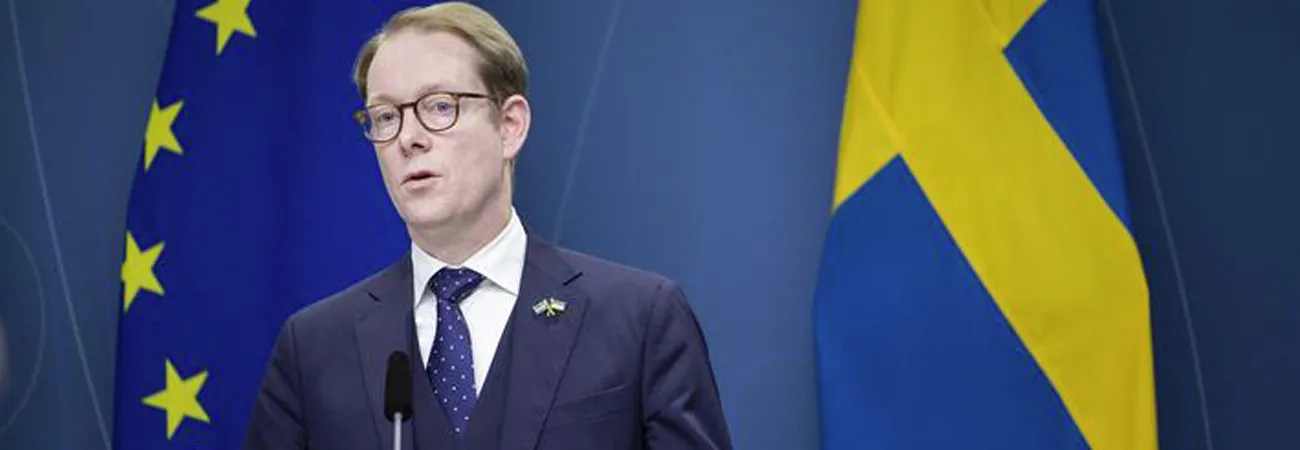XINHUA-PAKISTAN SERVICE
BEIJING, Sept 05 (INP): China considers its economic corridor project with Pakistan a demonstration of Belt and Road Initiative (BRI) that sets the direction towards shared destiny, says a report published in the Chinese media on Wednesday. The CPEC marks that China-Pakistan relations, which were traditionally defined by security cooperation, now are upgraded to heightened economic links. After years of concerted efforts, Yao Jing, Chinese Ambassador to Pakistan, said that the CPEC has relieved Pakistan's energy bottleneck, improved road connectivity, steeply enhanced foreign investment, run projects across the country and remained inclusive and open. New Pakistani Prime Minister Imran Khan said in July that the launch of the CPEC has injected a new energy into Pakistan's development, and the country's "golden opportunity period" will continue. China and Pakistan have had close relations in the past decades since they established diplomatic ties in 1951. Chinese people refer to Pakistan as "Iron Pak," showing the depth of ties. The two countries established all-weather strategic cooperative partnership in April 2015, the only and highest level among China's partnerships with other countries. Based on the friendly relations and the CPEC's benefits to Pakistan's economy, the two countries have the motivation and capability in deepening cooperation and establishing a demonstration area for the BRI. The CPEC can promote regional cooperation in South Asia. Once the 3,000-kilometer corridor is fully linked up, it will connect South Asia, Central Asia, North Africa and Gulf countries through cooperation in economy and energy, strengthening Pakistan's strategic importance as a bridge. This will boost its international image. Islamabad says the CPEC is "a win-win proposition as the profit margin on doing business in Pakistan is high and the government offers liberal incentives for Chinese investors." China is also aware that the CPEC will promote wider regional cooperation. Significant changes have taken place in the long-tense relationship between Pakistan and Afghanistan. In May 2017, the first round of China-Afghanistan-Pakistan Trilateral Practical Cooperation Dialogue was held in Beijing. The three parties appreciated the CPEC and its role in facilitating regional connectivity. They agreed, within the framework of the BRI, to enhance trilateral practical cooperation in various fields, and promote mutual benefit and win-win results as well as regional economic integration. Some Chinese media outlets even said that this was to discuss the CPEC extension to Afghanistan. Although New Delhi publicly opposes the CPEC, it may not be a wishful thinking of holding a similar dialogue among China, India and Pakistan some day to discuss extending the corridor to India. If so, it would greatly improve relations among South Asian countries. Although the CPEC has made remarkable achievements, it also faces challenges in the spheres of economy, politics and security, such as Pakistan's political instability and inconsistent foreign policy making, and security concerns during CPEC development. Nonetheless, these problems can be eventually resolved. James Millward, a China scholar and historian of the Silk Road, once said that the BRI "is neither a nefarious plot for world domination nor the answer to all the world's problems." The BRI can't provide a package solution that suits all countries, and China should provide a specific policy for each nation alongside the routes of the BRI. Besides, China should as well promote its soft power when promoting the BRI and the CPEC. Instead of merely depending on expanding investments and publicity, Beijing should study Pakistan's domestic problems and regional issues, especially its ties with India, and problems arising during the BRI implementation in other places. Specific measures for Pakistan and the CPEC are needed, the report added.





